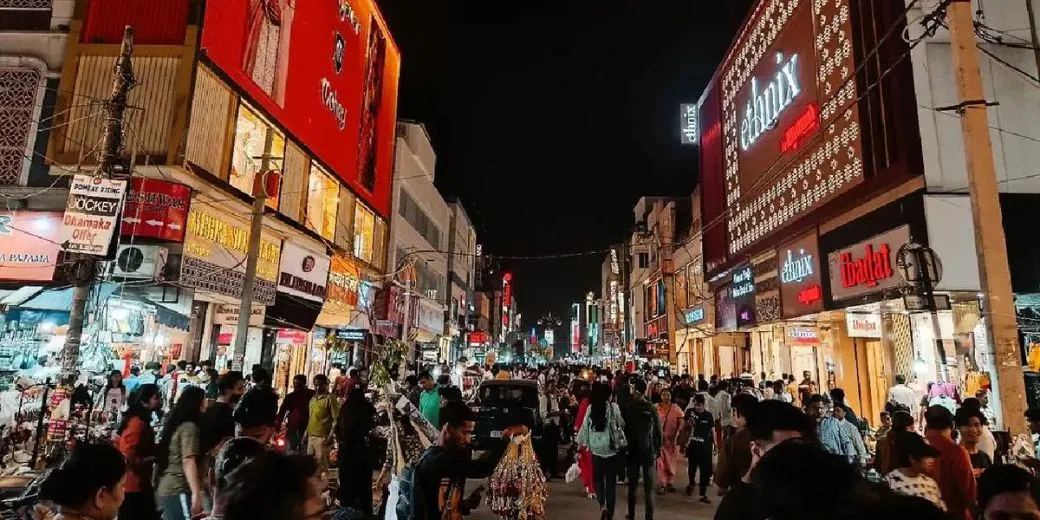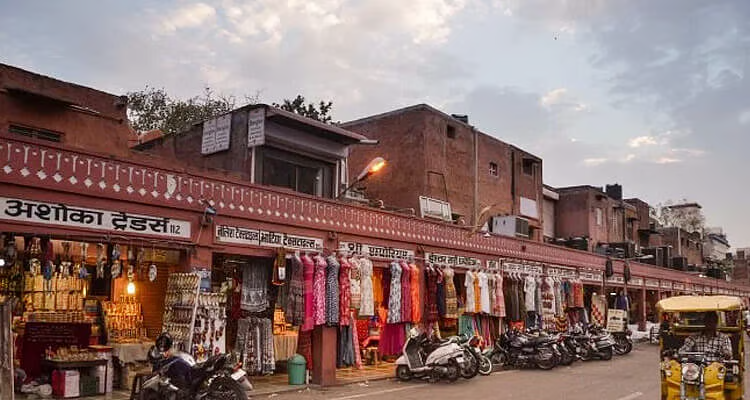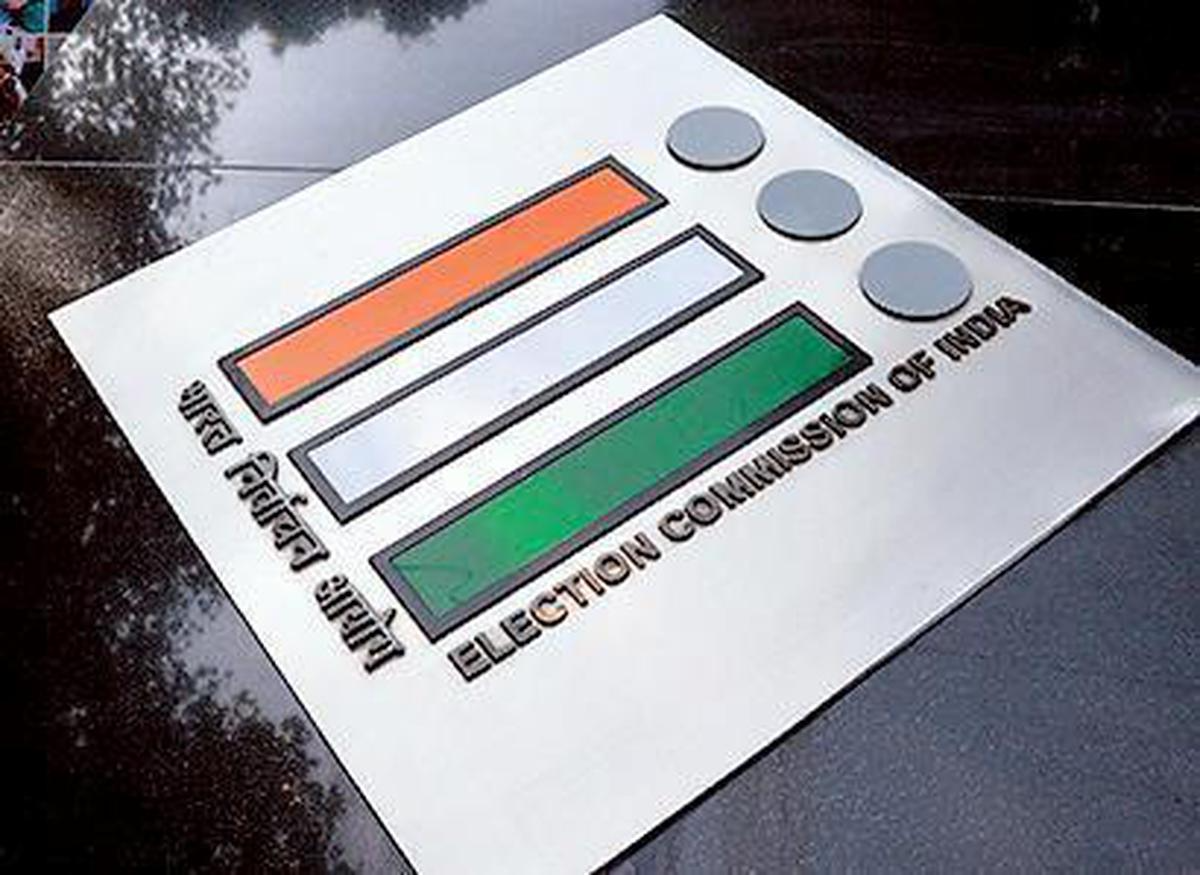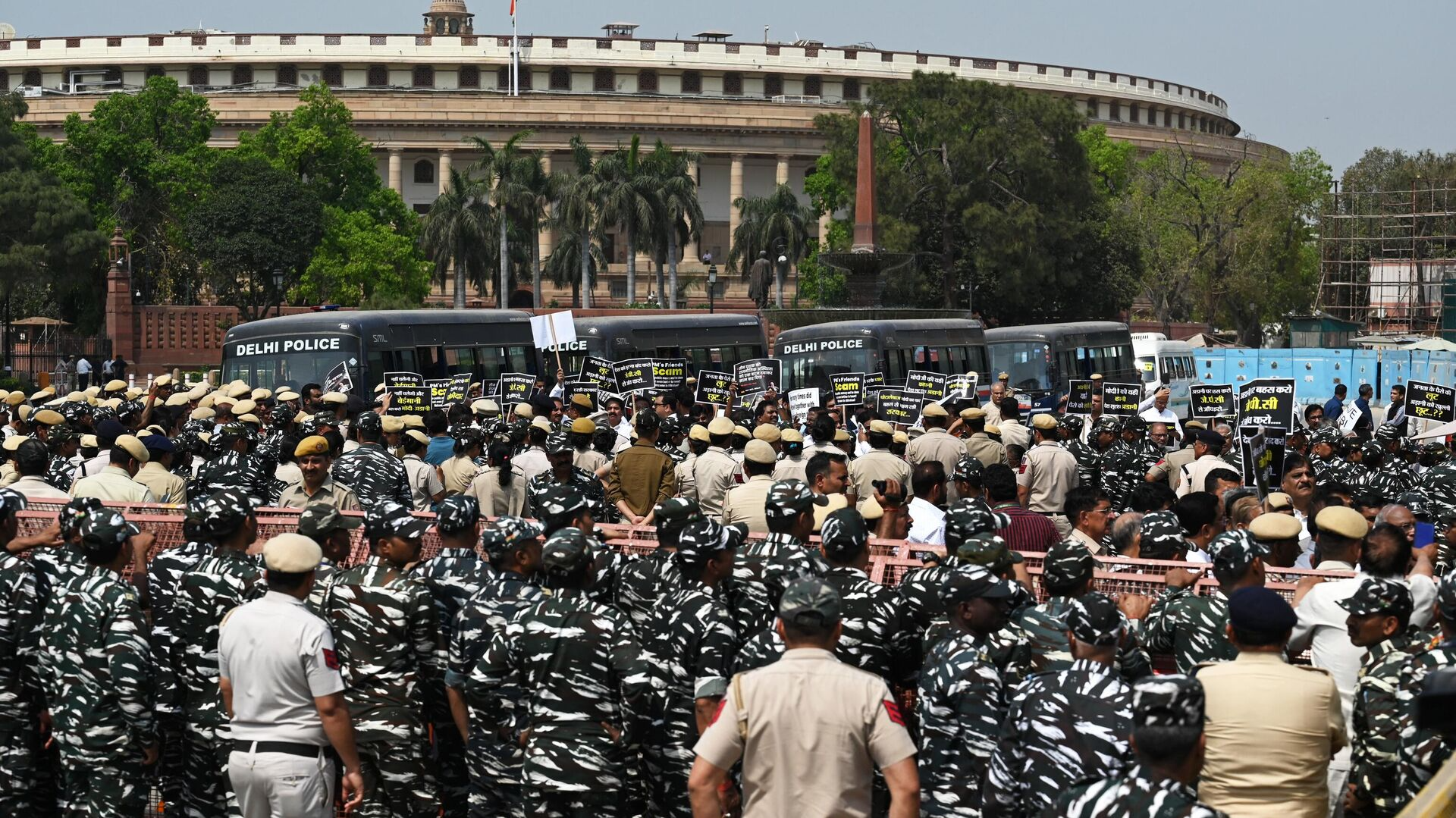Delhi Markets to Operate Extended Hours
Posted On July 11, 2025

In a major move to boost the capital's economy and revitalize post-pandemic commerce, the Delhi government has announced a significant change in market operations- Delhi's key commercial markets will now be allowed to remain open until 11 PM, extending business hours beyond the traditional 9 PM closing time. The decision, formally declared by Chief Minister Arvind Kejriwal on June 27, 2025, is part of a broader initiative aimed at transforming Delhi into a 24x7 global shopping destination, akin to major metropolises like Singapore, London, and Dubai. The new rule, applicable across 25 key markets including Connaught Place, Karol Bagh, Chandni Chowk, Lajpat Nagar, Sarojini Nagar, Khan Market, and South Extension, takes effect from July 5.
This move follows multiple rounds of consultation with traders' associations, municipal corporations, RWAs, and the Delhi Police, all of whom had to coordinate on logistical, legal, and security frameworks. In its pilot phase, the policy will be voluntary, meaning shopkeepers can choose if to avail of the extension. However, incentives like reduced license renewal fees, extended parking hours, and added DTC connectivity are being offered to encourage uptake. According to Delhi’s Commerce Minister Atishi Marlena, over 60,000 small and medium retailers stand to benefit directly from the shift. She also emphasized the job creation potential, especially for women, students, and part-time workers.
The Delhi government has allocated ₹120 crore for upgrading market infrastructure - including better street lighting, digital security cameras, parking expansions, and vendor kiosks. Special attention is being paid to female shoppers’ safety. Police departments are setting up evening patrol squads in high-footfall areas, and a dedicated helpline app for late-night shoppers is also in development. Traders, too, are adapting- many are rolling out loyalty programs, late-night offers, and in-store events to attract evening shoppers. Food courts, multiplexes, and eateries are expected to ride this wave, making late-evening shopping a wholesome urban experience.
However, there are concerns too. Environmentalists have questioned the energy impact of prolonged commercial hours in a city already facing power fluctuation challenges. Labour unions are demanding extra pay for extended shifts, and questions are being raised about compliance with local zoning regulations and resident welfare. In areas like Lajpat Nagar and Sarojini Nagar, where narrow lanes get congested even during daytime, late-night operations could further stress public utilities. The Delhi government has responded by promising monthly audits, flexible opt-out policies, and sustainability metrics, which will guide future expansion of the scheme.
Economists view this policy as a strategic nudge towards nighttime economy growth, a concept long underutilized in India. With Delhi being a hub of tourism, business conferences, and international students, the extended hours are expected to increase footfall by 20-25%, particularly from higher-spending segments. While full-scale implementation may take time, the government is confident that Delhi will soon become a round-the-clock commercial hub, improving its competitiveness among global cities. Traders' associations, on their part, see this as a revival mechanism after pandemic-era losses and are hoping for strong festive sales in Q4 2025.
This move follows multiple rounds of consultation with traders' associations, municipal corporations, RWAs, and the Delhi Police, all of whom had to coordinate on logistical, legal, and security frameworks. In its pilot phase, the policy will be voluntary, meaning shopkeepers can choose if to avail of the extension. However, incentives like reduced license renewal fees, extended parking hours, and added DTC connectivity are being offered to encourage uptake. According to Delhi’s Commerce Minister Atishi Marlena, over 60,000 small and medium retailers stand to benefit directly from the shift. She also emphasized the job creation potential, especially for women, students, and part-time workers.
The Delhi government has allocated ₹120 crore for upgrading market infrastructure - including better street lighting, digital security cameras, parking expansions, and vendor kiosks. Special attention is being paid to female shoppers’ safety. Police departments are setting up evening patrol squads in high-footfall areas, and a dedicated helpline app for late-night shoppers is also in development. Traders, too, are adapting- many are rolling out loyalty programs, late-night offers, and in-store events to attract evening shoppers. Food courts, multiplexes, and eateries are expected to ride this wave, making late-evening shopping a wholesome urban experience.
However, there are concerns too. Environmentalists have questioned the energy impact of prolonged commercial hours in a city already facing power fluctuation challenges. Labour unions are demanding extra pay for extended shifts, and questions are being raised about compliance with local zoning regulations and resident welfare. In areas like Lajpat Nagar and Sarojini Nagar, where narrow lanes get congested even during daytime, late-night operations could further stress public utilities. The Delhi government has responded by promising monthly audits, flexible opt-out policies, and sustainability metrics, which will guide future expansion of the scheme.
Economists view this policy as a strategic nudge towards nighttime economy growth, a concept long underutilized in India. With Delhi being a hub of tourism, business conferences, and international students, the extended hours are expected to increase footfall by 20-25%, particularly from higher-spending segments. While full-scale implementation may take time, the government is confident that Delhi will soon become a round-the-clock commercial hub, improving its competitiveness among global cities. Traders' associations, on their part, see this as a revival mechanism after pandemic-era losses and are hoping for strong festive sales in Q4 2025.












